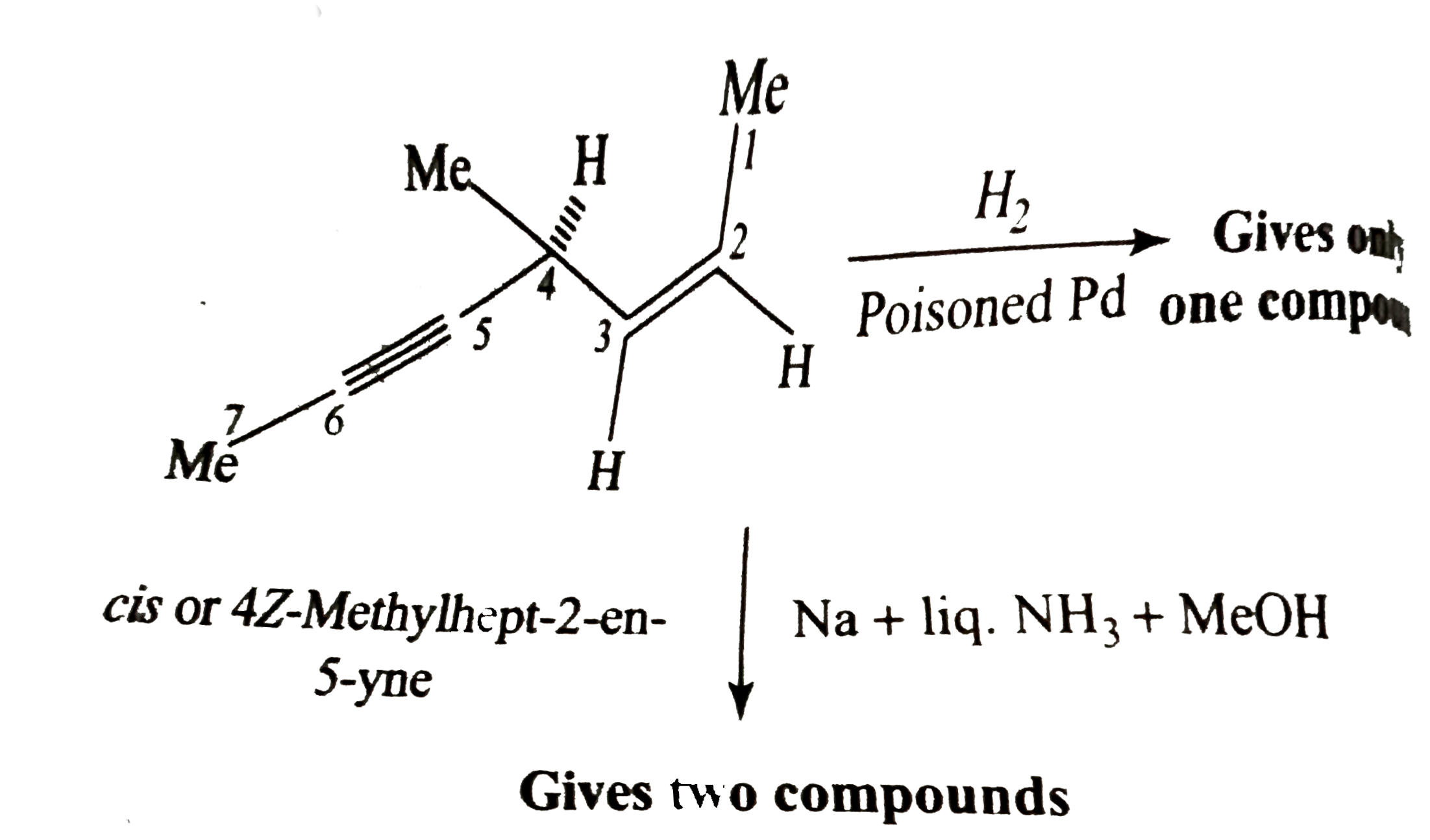"Large scale cultivation of spirullina is highly advantageous for human population."Explain giving two reasons.
Step-by-Step Text Solution:
1. Introduction to Spirulina: Spirulina is a type of blue-green algae that is classified as a microbe. It is known for its high nutritional value and is often referred to as a superfood.
2. Single Cell Protein Concept: Spirulina is a significant source of single-cell protein (SCP). This concept is crucial because a large portion of the global population suffers from hunger and malnutrition. SCP can serve as an alternative protein source to help meet the dietary needs of these individuals.
3. Cultivation on Waste Materials: One of the remarkable features of Spirulina is its ability to grow on various waste materials, such as:
- Wastewater
- Molasses
- Animal manure
- Sewage
4. Benefits of Large-Scale Cultivation:
- Reduction of Organic Waste: By cultivating Spirulina on waste materials, we can effectively reduce organic pollution. This process helps in managing waste and contributes to environmental sustainability.
- Nutritional Value: Spirulina is rich in proteins, minerals, fats, and carbohydrates. Thus, large-scale cultivation can provide a nutritious food source that can help alleviate malnutrition in the human population.
5. Conclusion: In summary, large-scale cultivation of Spirulina is advantageous as it not only addresses the issue of malnutrition by providing a rich source of nutrients but also helps in reducing organic waste and pollution.
---
- Wastewater
- Molasses
- Animal manure
- Sewage
- Reduction of Organic Waste: By cultivating Spirulina on waste materials, we can effectively reduce organic pollution. This process helps in managing waste and contributes to environmental sustainability.
- Nutritional Value: Spirulina is rich in proteins, minerals, fats, and carbohydrates. Thus, large-scale cultivation can provide a nutritious food source that can help alleviate malnutrition in the human population.
Similar Questions
Explain

Gives two compounds.
View SolutionExplain giving two examples Contact forces .
View SolutionDefine population explosion and explain the factors affecting human population
View SolutionGive reason
Nucleotide ratio in RNA is highly variable.
View SolutionA crane had DDT level as 5 ppm in its body. What would happen population of such birds ? Explain giving reasons
View SolutionWhy should Biodiversity be conserved ? Explain giving three reasons.
View SolutionIn pea plants, the colour of the flower is either violet of white whereas human skin colour shows many gradations. Explain giving reasons how it is possible.
View SolutionIt is established that RNA is the first genetic material. Explain giving three reasons.
View SolutionExplain the genetic basis of blood grouping in human populations.
View SolutionHuman insulin when synthesised in the body needs to be processed before it can act. Explain giving reasons.
View Solution
